The Sri Lankan Economic Crisis: Vulnerability in the Modern Globalized Economy
On June 9th, 2022, after months of protests, citizens of Sri Lanka burned the prime minister's house to the ground. This act was a culmination of years of instability and turmoil in the country's economy. The causes of this historic economic meltdown are complex: There were grave errors made on the highest levels of Sri Lanka's macroeconomic management and unavoidable international pressures. Although the whole context is unique, many of the elements that caused such a rapid and severe economic collapse are elements that persist on a global scale impacting other countries. The United Nations this year warned that we are at risk of a massive global recession, with “46 developing countries severely exposed to multiple economic shocks.” Some of these shocks are pushed in part by monetary and fiscal policy in advanced economies like America. These global pressures will be discussed here, as the Sri Lankan economic crises offers insights into how these shocks impact vulnerable countries around the world.
Sri Lanka is an island nation off the southern tip of India with beautiful landscapes and a diverse culture. It was one of the fastest growing economies in the region in 2018, much of which was fueled by tourism. However, in the past few years the Sri Lankan economy has all but collapsed. Widespread blackouts and shortages on many products including gas, staple food, and even paper have caused turmoil in the country. In 2019, there was a drop in tourism following terrorist attacks in the country. This drop deepened in 2020, causing the country to lose a large contributor to GDP. Throughout this period the government cut taxes and passed policies that caused the near total collapse of the agricultural industry. These errors, in tandem with the country’s risks associated with debt exposure and a net export deficit, caused a rapid economic meltdown.
As US interest rates rise, developing countries have a harder time paying off their loans. This holds true for Sri Lanka, especially given their high amounts of foreign debt. Their foreign debt balance has been on a dramatic rise since 2008. Some experts argue this is due in part to American policies of quantitative easing, which created an abundance of cheap money for developing countries to borrow. Some also blame China, which holds 10% of Sri Lanka's debt, for “debt trap diplomacy.” Regardless of the source of debt, rising global interest rates have been a major catalyst of the current crisis. Money is no longer cheap, and many developing countries now face the prospect of paying more cash on foreign debts without room to spare. In 2019, Sri Lanka’s foreign debt was 42% of their GDP, by 2021 it had risen to 119%. In April of 2022, Sri Lanka announced it will be defaulting on $51 billion in foreign debt. Their USD reserves stood at $1.9 billion and the government faces debt payments exceeding $4 billion in the coming year.
For many developing countries their balancing of foreign reserves, particularly USD, is of crucial importance. As the world's reserve currency, dollars are used to buy imports and pay off debts. Sri Lanka runs a net export deficit, paying for more total goods and services than are sold, which means its reserves are of even more importance. In the past, Sri Lanka has relied on tourism and foreign remittances as a source for USD revenue. Tourism has plummeted since 2019 and has yet to show signs of recovery as turmoil grips the country. Foreign remittances, where citizens working abroad send money back to support their family, can be an important factor in monetary stability for many developing nations. Sri Lanka attempted to keep the value of its currency pegged at 200 rupees to the dollar, but in early 2022 the unofficial rate was exceeding 248. This caused foreign workers to send money through unofficial means. While policy may be to blame in Sri Lanka, many countries face similar issues. As the strength of the dollar rises, it becomes more costly for countries to buy and sell in USD.
The pressures on the global economy resulting from COVID-19 and Putin’s invasion of Ukraine are particularly threatening to exposed developing countries. Sri Lanka is an island nation that relies heavily on imports for food security. In 2021 the Sri Lankan government banned fertilizer, perhaps to lower net import costs. This led to a rapid collapse of the county's agricultural industry. The Ukraine war and resulting rise in global food prices leads to inflation in advanced economies but can lead to a humanitarian crisis in developing countries. Sri Lanka neither has the means to produce enough food nor the cash to import what they need. In a few short years daily living for the citizens of Sri Lanka has deteriorated dramatically. The whole country is short on American cash, causing an import crisis. Its citizens often can't buy food, fuel, electricity, paper, or medicine even if they themselves have the money for it.
This catastrophe may be echoed in other countries across the developing world. These new global pressures that the world faces squeeze the most vulnerable first. American policy may exacerbate these issues. The Federal reserve's recent war on inflation has driven interest rates up dramatically. The strong dollar makes imports more expensive for other countries. These combined are enough to squeeze a debt filled and import reliant economy to the breaking point. The fallout of global policy and world supply shocks, such as COVID and Putin, should not be evaluated based on how they impact the largest economies but on the noticeable devastation they cause to the most vulnerable countries.
Sources
https://www.aljazeera.com/opinions/2022/10/20/why-sri-lanka-keeps-getting-tyrants-as-presidents
https://www.bbc.com/news/world-61028138
https://www.ips.lk/talkingeconomics/2022/06/29/sri-lankas-food-crisis-what-is-the-role-of-imports/
https://unctad.org/news/unctad-warns-policy-induced-global-recession


